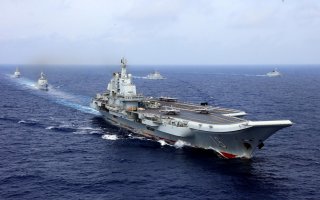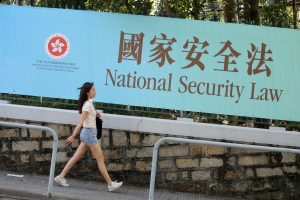By Abhijit Singh
The recent developments in Ladakh on the disputed border between India and China were shocking and tragic. The clash in Galwan Valley last week has opened up a deep fissure in India–China ties, spawning tensions that could even escalate into an all-out-war. The latest reports suggest the Indian armed forces have begun a rapid mobilisation and the Chinese military has been shoring up its positions, even as political efforts are on to defuse the crisis.
With a spiral of escalation building, a conflict so far limited to the Line of Actual Control with China could see other theatres open up, including one in the Indian Ocean. Unlike on the land border, where China has a relative advantage of terrain, military infrastructure and troop strength, India is better placed at sea. In the Eastern Indian Ocean through which most of China’s cargo and energy shipments pass, the Indian Navy is the dominant force.
In recent years, the Indian Navy has sought to consolidate strength in India’s near seas through its mission-based deployments. Since 2017, Indian warships have patrolled Indian Ocean sea lanes and choke points, including the approaches to the Malacca Strait. In its bid to keep track of Chinese submarines in the Eastern Indian Ocean, the Indian Navy has also been operating P-8I maritime patrol aircraft from the Andaman Islands. A chain of radar stations along the Indian coast has helped in providing better information about maritime movements, and a fusion centre in Gurgaon near New Delhi is helping manage tactical information in the near seas.













/cloudfront-us-east-1.images.arcpublishing.com/mco/AMZMJDGMNVF6ZEWIQHG7R2BS7E.jpg)
